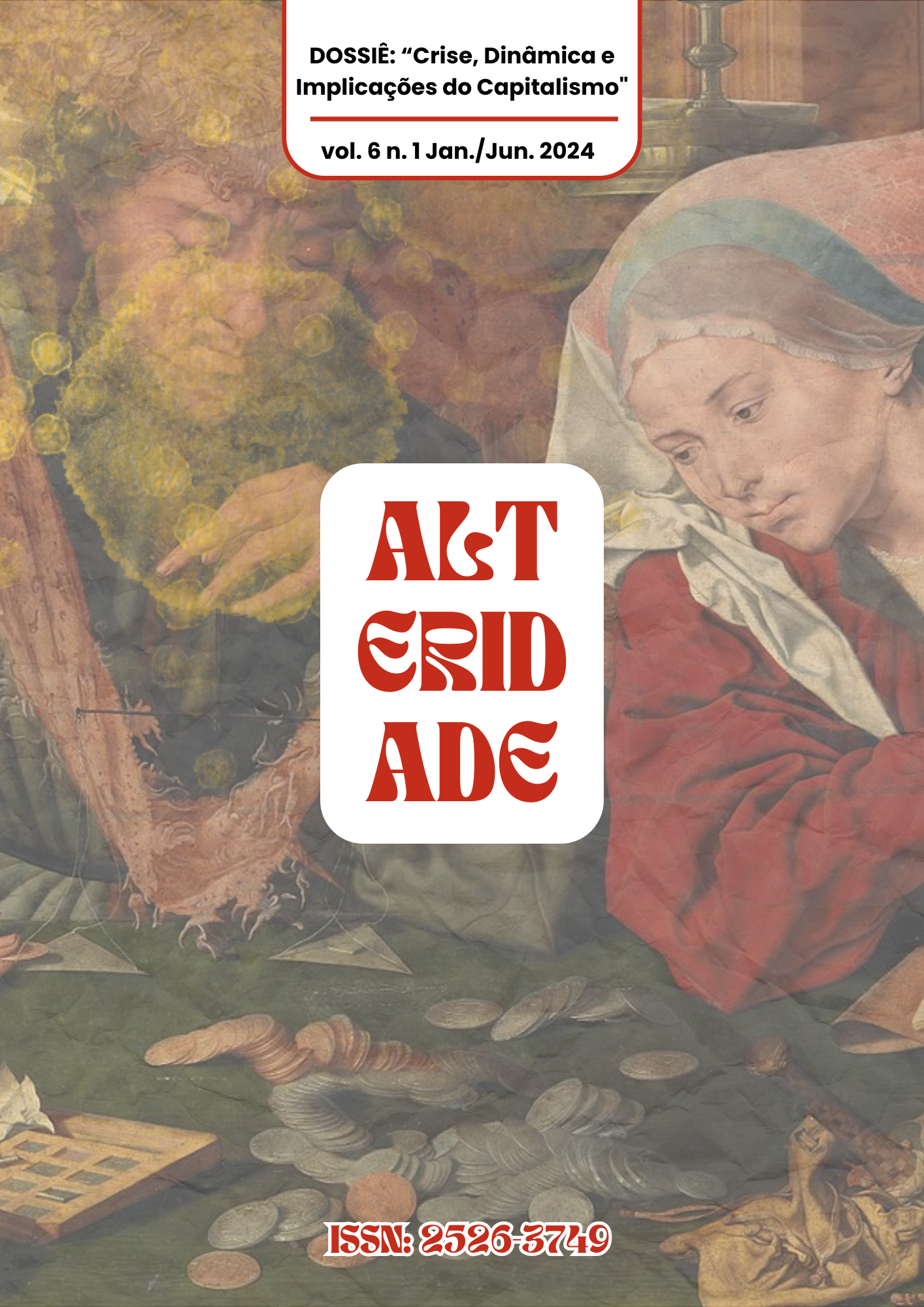“Brazil is on our side”
an analysis of the perception of Brazilians about the Palestinian-Israeli conflict in digital media
DOI:
10.46551/alt0601202407Keywords:
Brazilians, Israeli-Palestinian conflict, Digital media, PerceptionAbstract
Observing the latest clashes that took place in the Middle East, which brought the Israeli-Palestinian conflict back to the media, this article aims to analyze Brazilians' perception of such events. Given the insertion of individuals in a hyperconnected world, what should be called a network society, this study seeks to identify, through social networks, the formation of networks of indignation among Brazilians and possible political-ideological positions regarding the conflict in question, Furthermore, the reach and relevance of digital media in reporting such events is analyzed. This is a qualitative investigation, which uses the content analysis technique to investigate a sample containing 32,660 comments made on posts from three major Brazilian news outlets, included on the Instagram social network. Among the results, it was possible to identify the formation of well-defined networks of indignation among Brazilians, both in defense of Israelis and Palestinians, it was also observed that such networks are quite aligned with the political-ideological spectrums that marked the last elections. Finally, it was possible to notice that, when searching for information, Brazilians access more “alternative” media outlets than professional journalism outlets.
Downloads
References
ALVES, Milton. Palestina: Apartheid sionista e o colonialismo de Israel são as causas do conflito. Brasil de Fato, Paraná, 2023. Disponível em: <https://www.brasildefatopr.com.br/2023/10/09/palestina-apartheid-sionista-e-o-colonialismo-de-israel-sao-as-causas-da-conflito>. Acesso em: 25 jan. 2024.
BARDIN, Laurence. Análise de Conteúdo. Tradução Luiz Antero Reto e Augusto Pinheiro. Lisboa-Portugal: Edições 70 Ltda., 1977.
CASTELLS, Manuel. Redes de indignação e esperança: movimentos sociais na era da internet. Rio de Janeiro: Zahar, 2013.
Datafolha: Pesquisa Eleitoral, Avaliação de Governo e Opinião. Datafolha, 2023. Disponível em: <https://datafolha.folha.uol.com.br/>. Acesso em: 4 dez. 2023.
GOOGLE TRENDS. Google [online]. Disponível em: <https://trends.google.com.br/trends/>. Acesso em: 2 dez. 2023.
ROCHA, Ivan Esperança. O conflito israelo-palestino: entre passado e presente. XXVIII Simpósio Nacional de História. Florianópolis, SC, 2015. Disponível em: Acesso em: <https://snh2015.anpuh.org/resources/anais/39/1437877601_ARQUIVO_CONFLITOARABE-final.pdf>. 4 dez. 2023.
RUAN, Janaina Araújo de. Os reflexos do conflito israelo-palestino: negociações internacionais pela paz. João Pessoa, 2015. TCC (Bacharelado em línguas estrangeiras aplicadas às negociações internacionais) - Universidade Federal da Paraíba. Disponível em: <https://repositorio.ufpb.br/jspui/handle/123456789/11109?locale=pt_BR>. Acesso em: 06 jan. 2024.
SOUZA, Gisele. Qual a rede social mais usada em 2023? TechTudo, 2023. Disponível em: <https://www.techtudo.com.br/listas/2023/07/qual-a-rede-social-mais-usada-em-2023-a-resposta-vai-te-surpreender-edapps.ghtml>. Acesso em: 3 dez. 2023.
WASHINGTON STATE UNIVERSITY. The Balfour Declaration (1917). Wsu.edu. Disponível em: <https://brians.wsu.edu/2016/11/07/the-balfour-declaration-1917/>. Acesso em: 23 jan. 2024.
Downloads
Published
Issue
Section
License
Copyright (c) 2024 Alteridade Magazine

This work is licensed under a Creative Commons Attribution-NonCommercial-NoDerivatives 4.0 International License.
Nesta revista, os direitos autorais para artigos publicados são do(s) autor(es), sendo os direitos da primeira publicação pertencentes à Revista Alteridade. Os artigos são de acesso público, de uso gratuito, de atribuições pr´óprias, de atribuições educacionais e de aplicações não comerciais.













